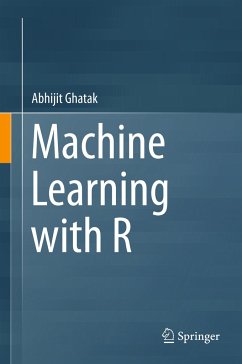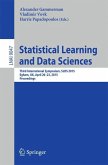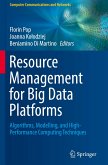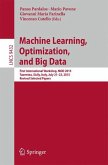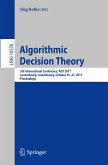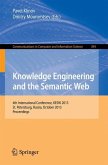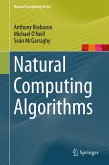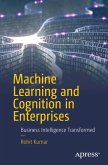This book helps readers understand the mathematics of machine learning, and apply them in different situations. It is divided into two basic parts, the first of which introduces readers to the theory of linear algebra, probability, and data distributions and it's applications to machine learning. It also includes a detailed introduction to the concepts and constraints of machine learning and what is involved in designing a learning algorithm. This part helps readers understand the mathematical and statistical aspects of machine learning.
In turn, the second part discusses the algorithms used in supervised and unsupervised learning. It works out each learning algorithm mathematically and encodes it in R to produce customized learning applications. In the process, it touches upon the specifics of each algorithm and the science behind its formulation.
The book includes a wealth of worked-out examples along with R codes. It explains the code for each algorithm, andreaderscan modify the code to suit their own needs. The book will be of interest to all researchers who intend to use R for machine learning, and those who are interested in the practical aspects of implementing learning algorithms for data analysis. Further, it will be particularly useful and informative for anyone who has struggled to relate the concepts of mathematics and statistics to machine learning.
In turn, the second part discusses the algorithms used in supervised and unsupervised learning. It works out each learning algorithm mathematically and encodes it in R to produce customized learning applications. In the process, it touches upon the specifics of each algorithm and the science behind its formulation.
The book includes a wealth of worked-out examples along with R codes. It explains the code for each algorithm, andreaderscan modify the code to suit their own needs. The book will be of interest to all researchers who intend to use R for machine learning, and those who are interested in the practical aspects of implementing learning algorithms for data analysis. Further, it will be particularly useful and informative for anyone who has struggled to relate the concepts of mathematics and statistics to machine learning.

